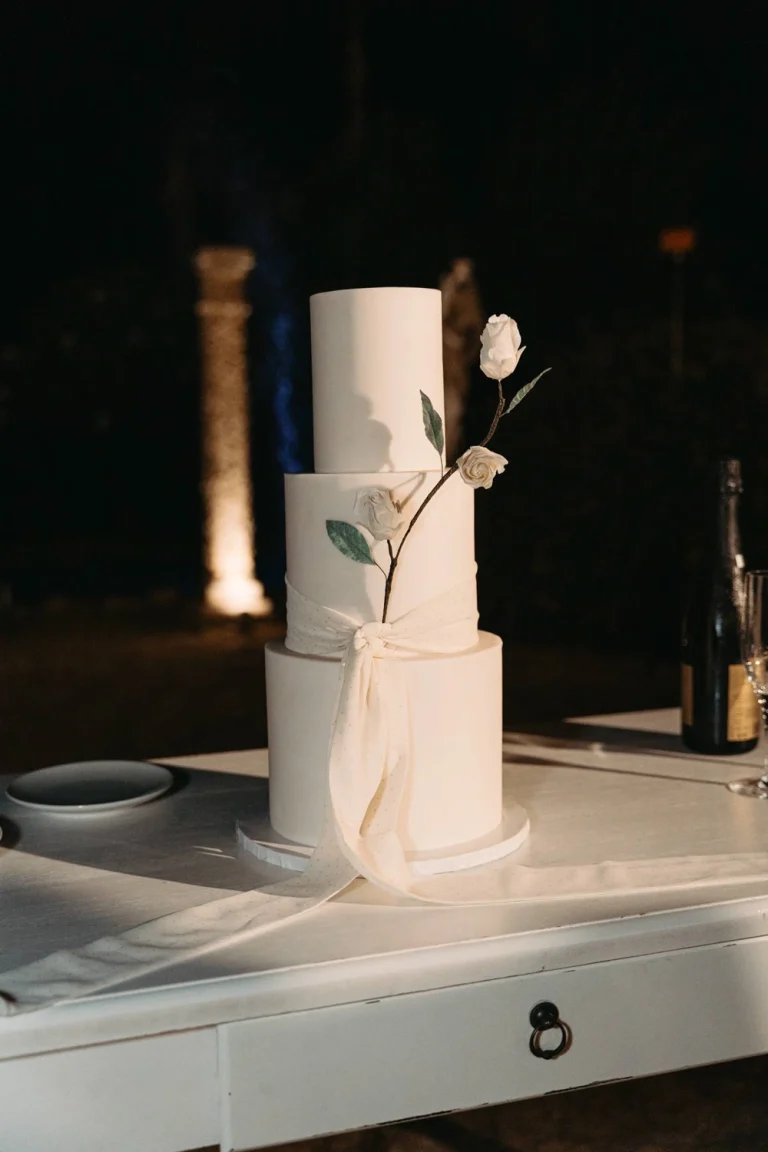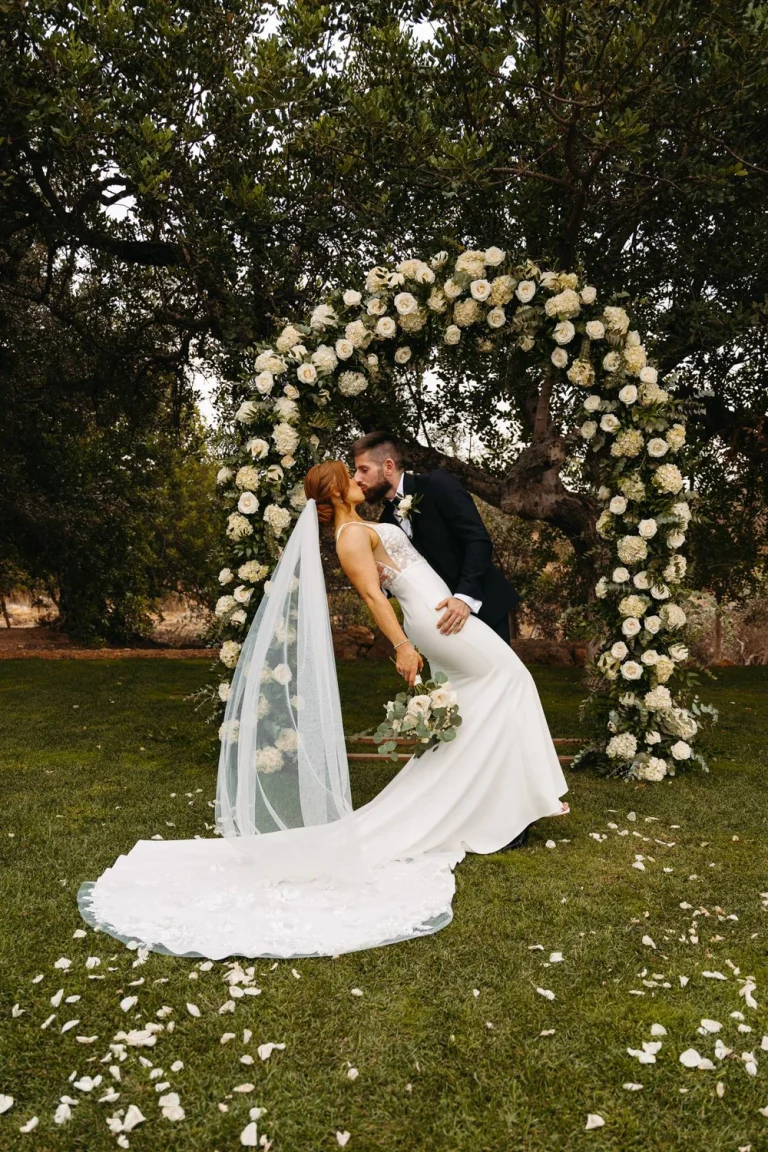Top 10 Wedding Budgeting Tips
Planning your wedding should be exciting—not overwhelming. A well-thought-out budget will help you prioritize what truly matters, avoid unnecessary stress, and create the wedding of your dreams without financial regrets. Here are 10 practical tips to keep your budget in check while still making your big day unforgettable.
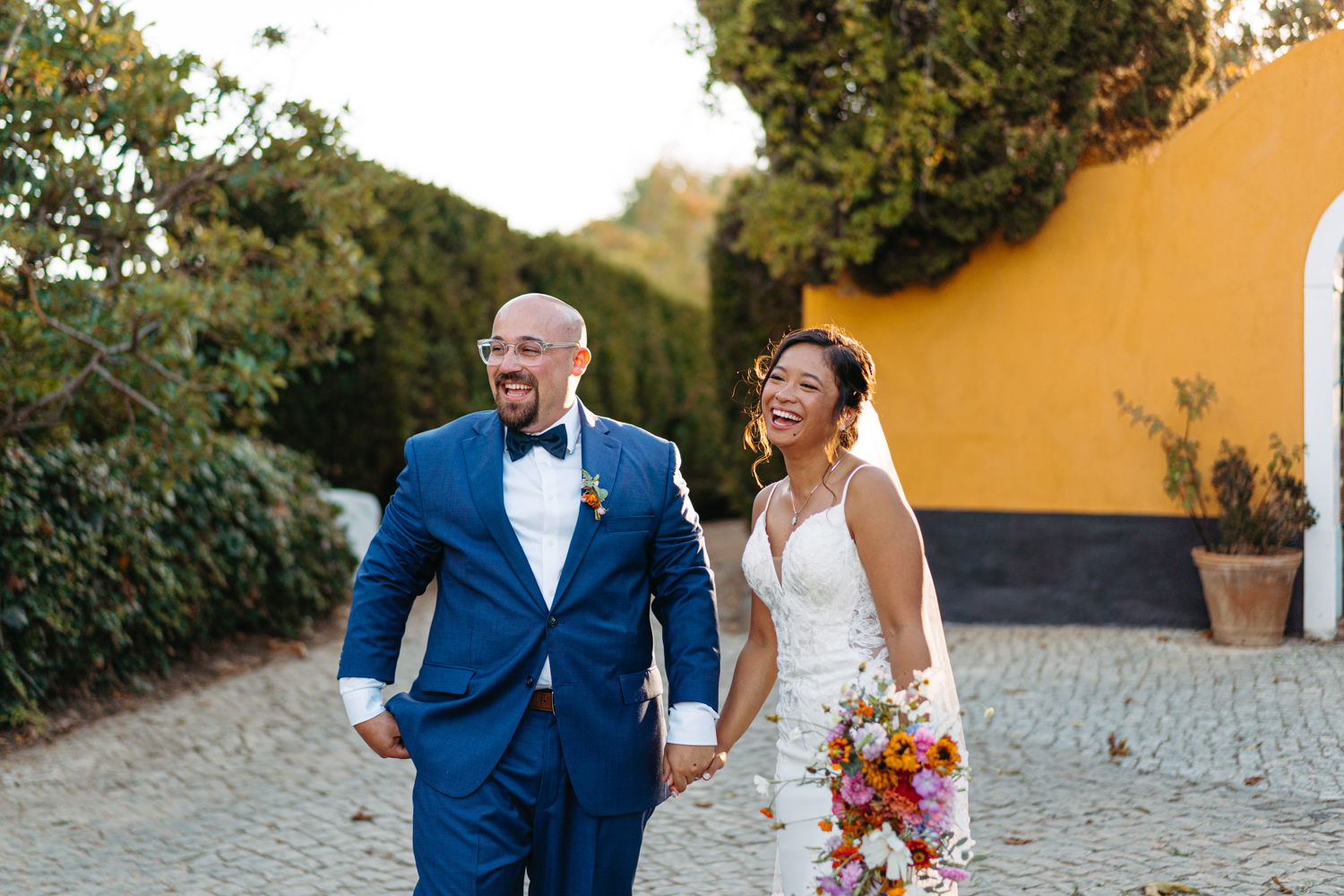
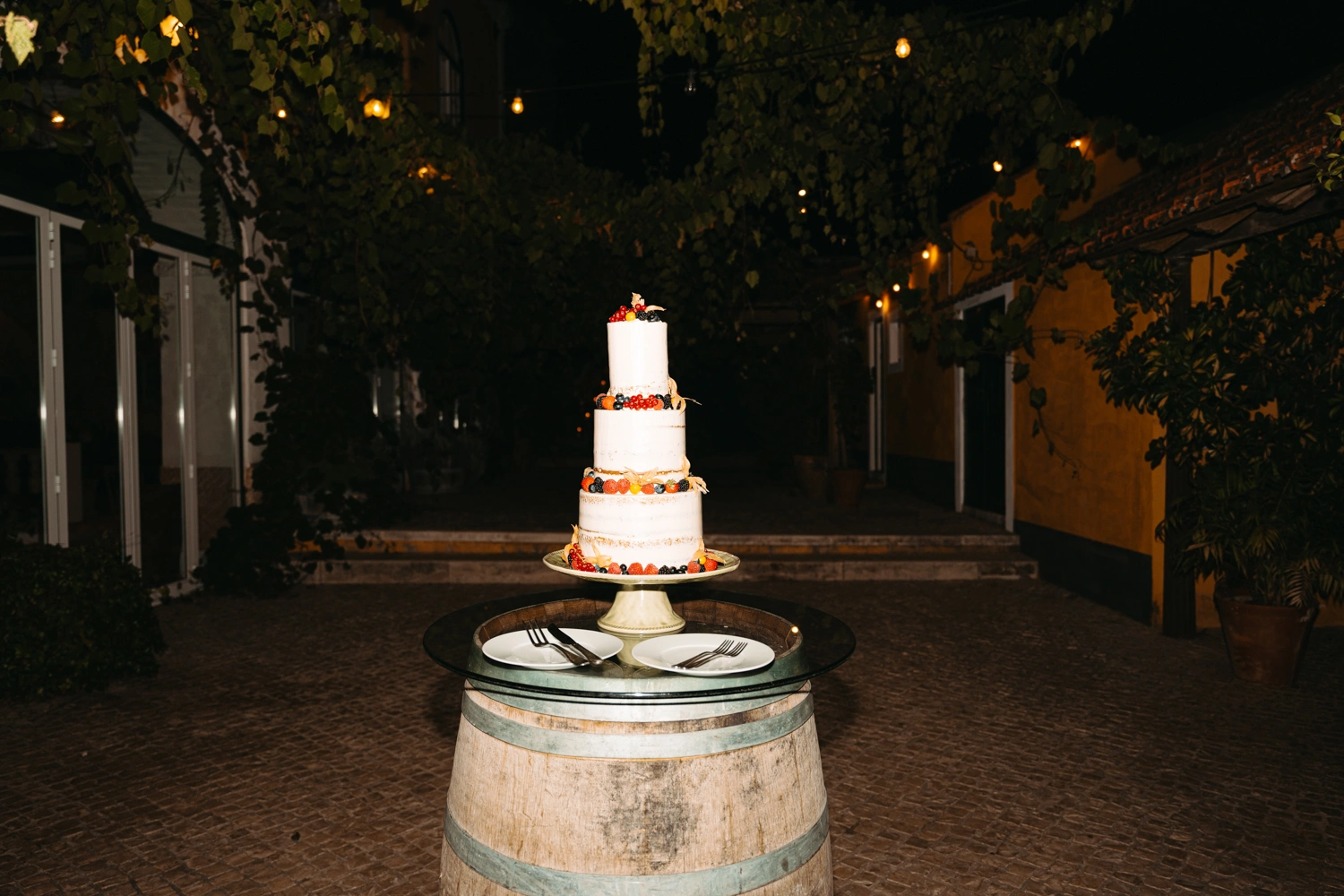
1- Start Early
The sooner you begin budgeting, the better! Giving yourself plenty of time allows you to save, compare options, and make thoughtful decisions rather than last-minute, costly ones.
2-Define Your Total Budget
Sit down with your partner (and any family members who may be contributing) to determine a realistic budget. Consider your savings, potential contributions, and any other financial sources to set a clear spending limit.

3 – Set Priorities
What matters most to you? Is it the photography, the venue, or an unforgettable menu? Decide on your top priorities and allocate more of your budget toward those elements, ensuring they align with your vision.

4- Research Costs
Before making commitments, take time to research wedding costs in your area. Get multiple quotes from vendors, check online resources, and talk to married friends to understand what’s reasonable for your dream wedding.
5-Use a Budgeting Spreadsheet
Organization is key! Keep track of your estimated costs versus actual expenses in a spreadsheet. This helps you stay accountable and avoid unexpected surprises.

6 – Be Realistic
It’s easy to get carried away with Pinterest-worthy ideas, but staying within your means is crucial. Don’t feel pressured to keep up with trends or expectations—your wedding should reflect you, not a social media highlight reel.

7- Plan for the Unexpected
Weddings often come with hidden expenses. Set aside 5-10% of your budget as a contingency fund to cover last-minute costs. You’ll thank yourself later!
8-Track Your Spending
Regularly check in on your budget and update your spreadsheet to ensure you’re staying on course. Small expenses can add up quickly, so keeping tabs on them is essential.
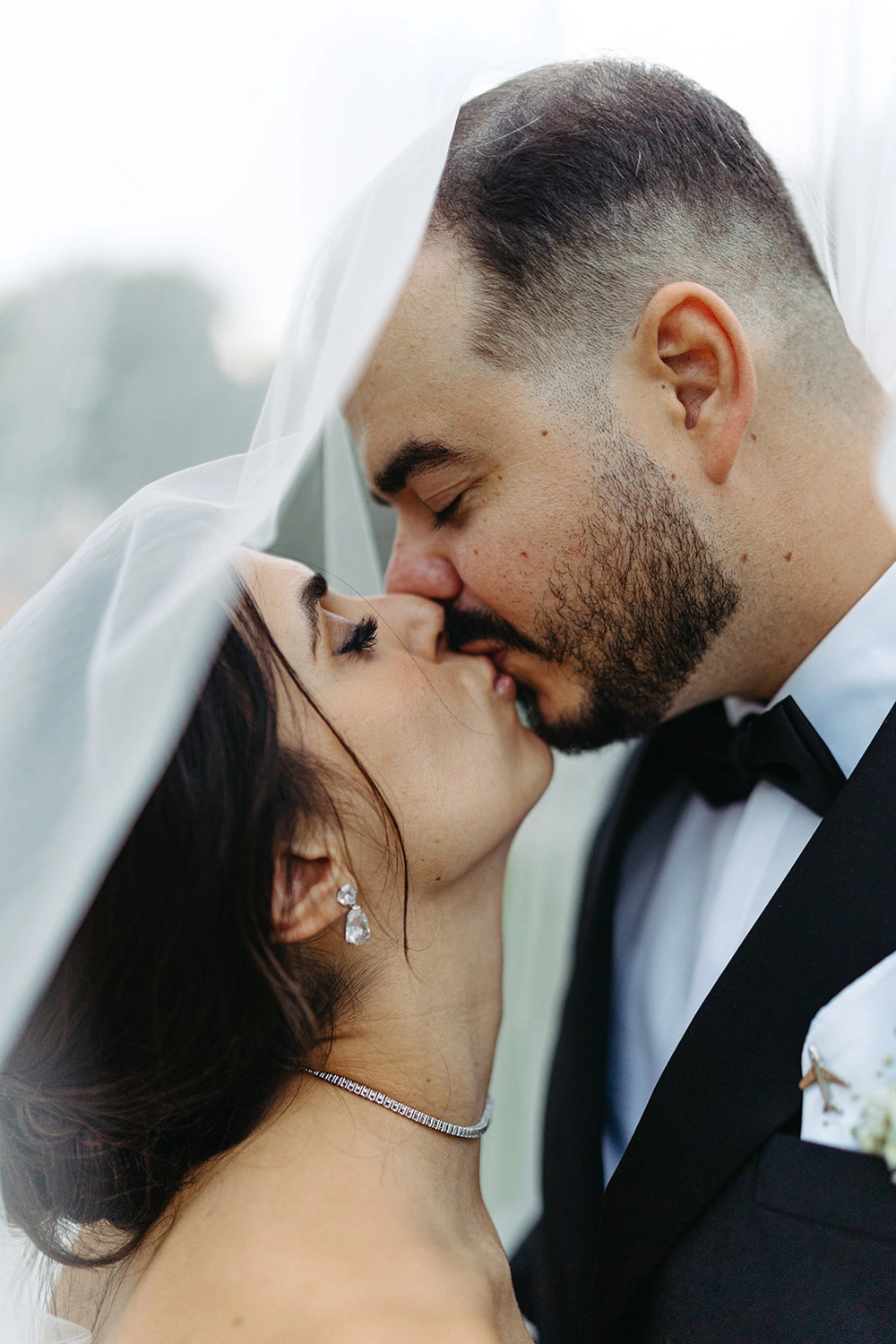
9 – Look for Ways to Save
Get creative! Renting décor, buying digital invitations, opting for an off-season wedding date, or even DIYing some elements can make a significant difference in your final costs.
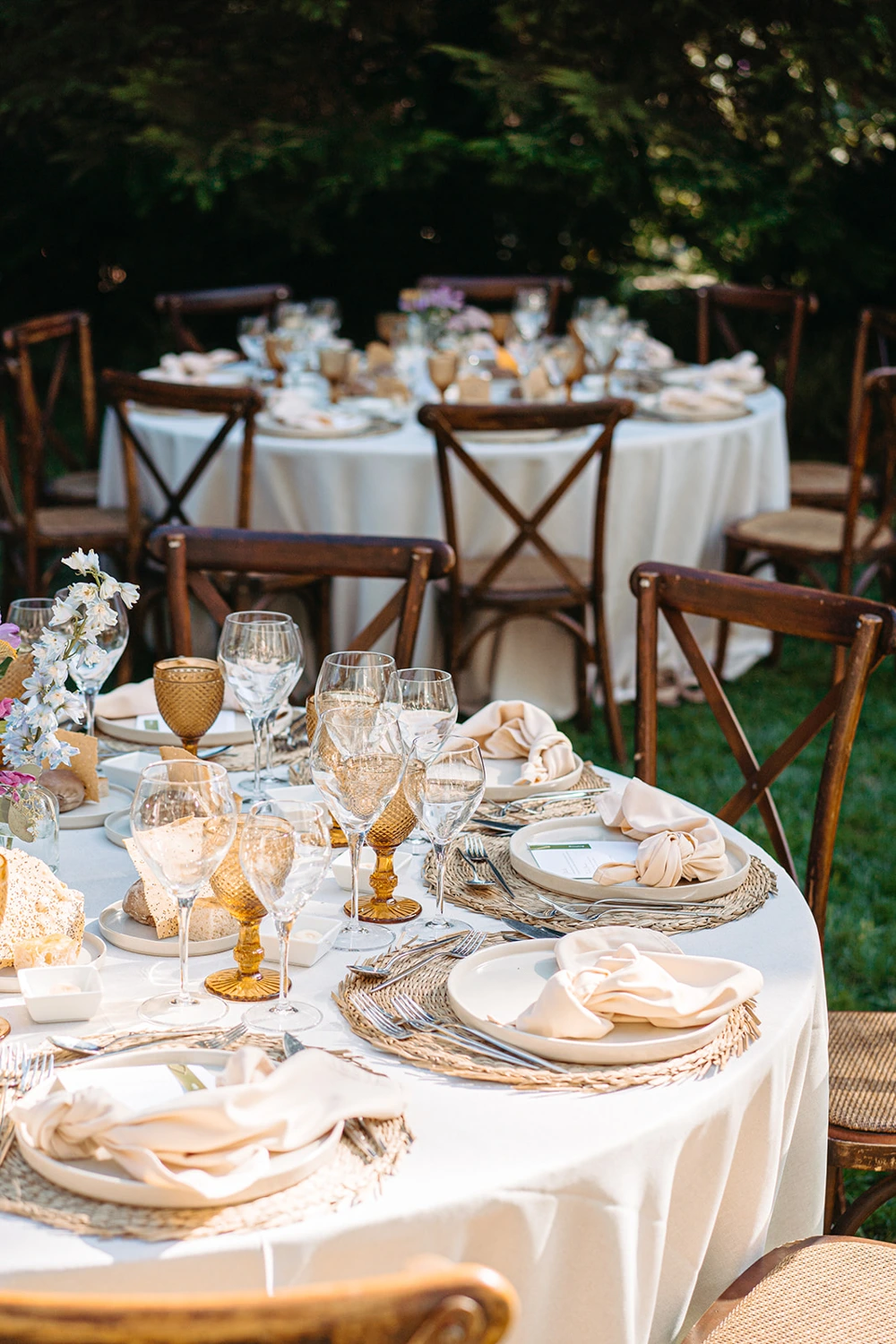
10- Keep Communication Open
Talk openly with your partner and any family members contributing to your wedding. Financial clarity will prevent misunderstandings and help everyone feel comfortable with the decisions being made.
Budget Estimate
Before diving into any decisions, it’s essential to pinpoint exactly how much you are comfortable spending on your big day. Sit down with your partner and take a thorough look at your savings, considering how much you can realistically set aside during your engagement Discuss with both sets of parents if they are willing to contribute to the wedding.
Once you’ve tallied up your resources, it’s time to map out your budget using our wedding cost list, which outlines the ten primary planning categories.
While our initial estimates provide a helpful starting point, you’ll likely need to customize these allocations based on your specific priorities and preferences.


